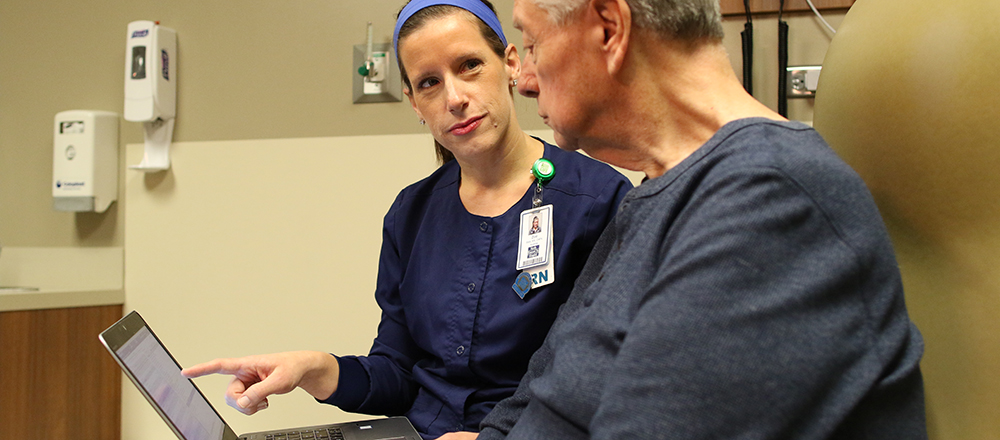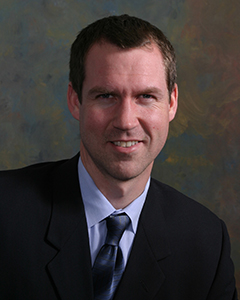
Healthy Living Series: What is Heart Failure?
Heart failure can present itself in many ways. Learn what it is, what to watch for and how you can take care of your heart in this free virtual event, presented by a Heart Failure Nurse Navigator.
Millions of people have been diagnosed with heart failure, and many lead active and healthy lives. Heart failure is a chronic disease that can be managed by taking good care of your body. A heart failure diagnosis does not mean your heart has stopped working, but that it is not working as well as it should.
Heart failure is the primary reason patients return to the hospital following discharge, but our Heart Care Clinic – the first of its kind in the Northland – focuses on keeping you healthy at home.
Heart Failure
Heart failure occurs when your heart does not pump as well as it should, causing fluid to build up in your lungs. It can be diagnosed with a non-invasive and painless assessment that includes an echocardiogram.
Causes of Heart Failure
- Heart valve dysfunction
- High blood pressure
- Previous heart attack
- Weak heart muscle
Common Signs and Symptoms
- Fatigue or tiredness
-
Shortness of breath with ordinary exertion or at night, including:
- Waking up feeling short of breath
- Needing more pillows to sleep
- Sleeping in a recliner
- Swelling of your feet, legs and abdomen
- Weight gain
Proper Management
With proper management, patients with heart failure can live a normal and active lifestyle. Your doctor, nurse practitioner or physician assistant will design a treatment plan that may include various testing, medications and lifestyle changes. It’s important to follow your treatment plan, which may include taking steps such as:
- Limiting your salt intake to 2,000 milligrams or less each day.
- Being aware of excessive fluid intake, which can cause fluid to build up in the lungs.
- Taking medications to prevent fluid build-up and treat the underlying heart condition.
Explore More
Live the Good Life With Help From NKCH’s Accredited Heart Failure Program



